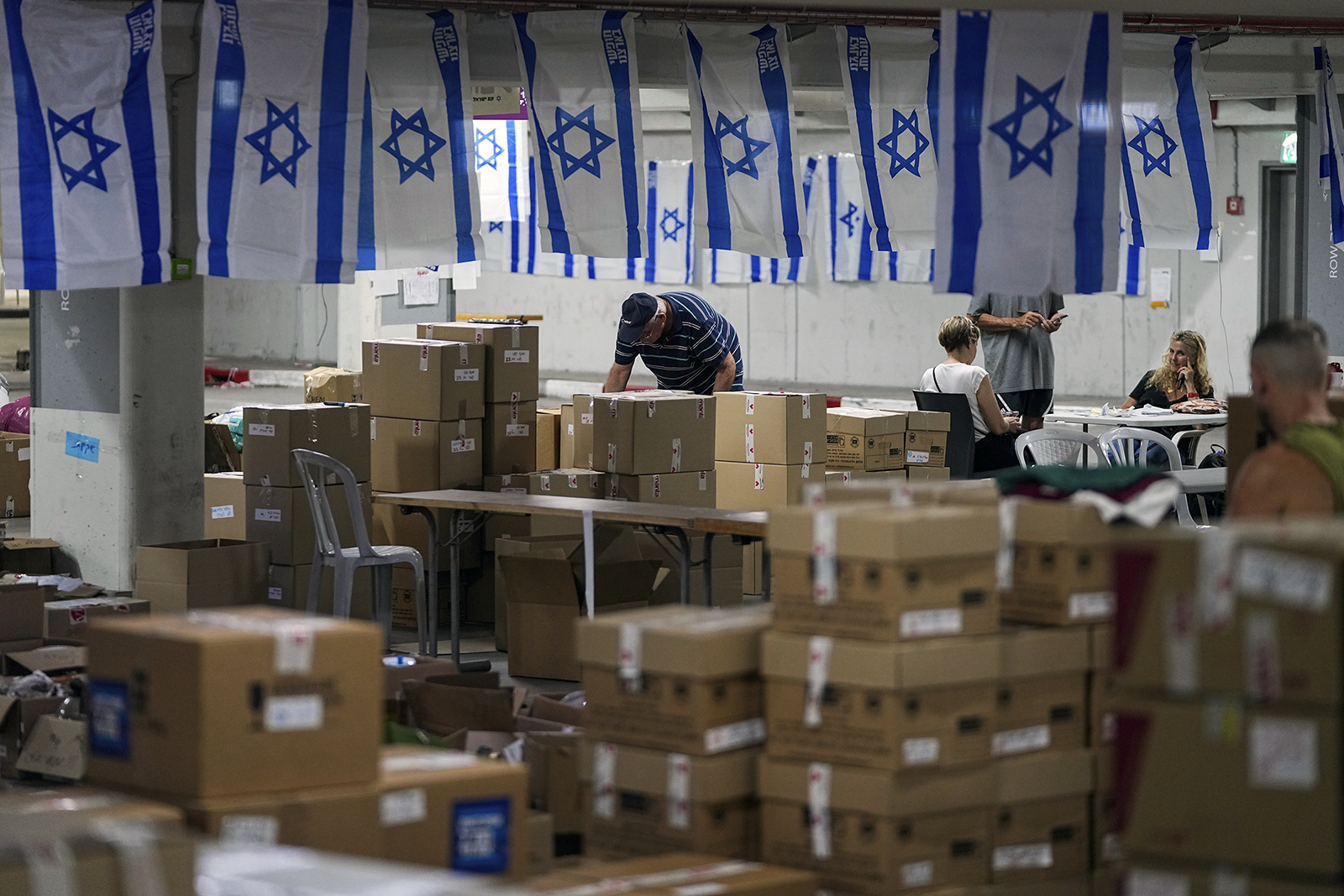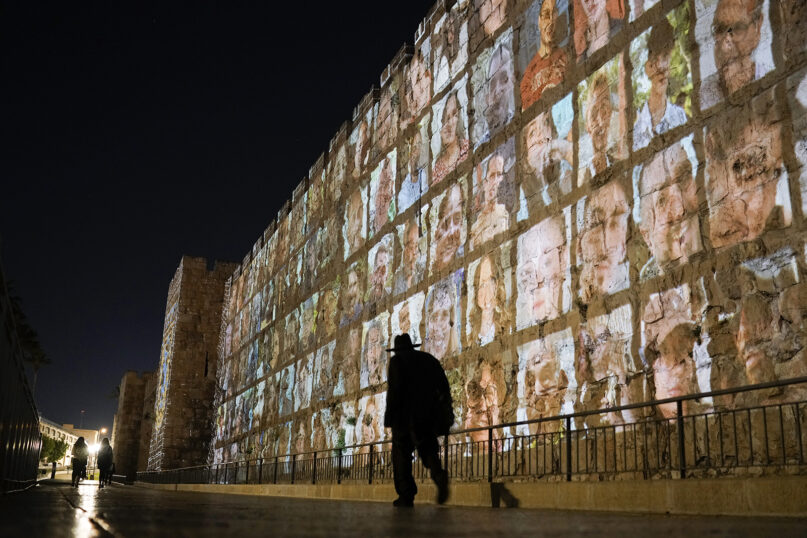(RNS) — I recently returned from a rabbinic solidarity mission to Israel sponsored by the UJA-Federation of New York. The situation is bleak, but for more reasons than one might imagine. In addition to grief, anger and fear stemming from Hamas’ barbaric attack, there is a widespread sense that Israel’s government has failed its citizens.
Israeli military leadership is being accused of allowing its ability to protect the border with Gaza to atrophy and become overly reliant on technology. There were insufficient troops to defend Israel from attack, as many had been moved to guard morally problematic Jewish settlements in the West Bank. Heroism on the part of many who raced toward the attacks as volunteers could not make up for such basic military miscalculations.
Yet that is just the beginning. Israeli military units — especially those that have brought in new waves of reserves to bolster their ranks — do not have adequate supplies of boots, body armor or high-tech weaponry and are relying on donations from their alumni and communities outside of Israel. This is a failure of logistics.
Further, the government has provided inadequate care for the tens of thousands of internally displaced Israelis. We heard estimates of 130,000 to 250,000 internal refugees, itself a span so wide it suggests that the authorities simply don’t know how many there are. While the Israeli government has stepped up to help many find medium-term housing in hotels, many of the displaced waited too long to get basic food, shelter and clothing after fleeing their homes.
In addition, the Israeli government has not adequately cared for those who are wounded, grieving or overwhelmed. We heard from one family whose child was abducted by Hamas that they didn’t hear from the government for two weeks, when midlevel officials finally reached out. They did not understand this to be malice, so much as utter incompetence.
Add to this the upswing in anti-Arab violence in some cities in Israel, and the failures of the Israeli government to protect its Arab citizens and Palestinians in the West Bank from its most extreme citizens. At best the government can be seen as dysfunctional. At worst, it only barely survived the Oct. 7 Hamas massacre.
Civil society has responded remarkably to the failures of the government, creating “situation rooms” on college campuses and in offices to collect donations and feed and clothe the tens of thousands of internally displaced Israelis. Volunteer medics and emergency medical professionals now serve across the country and near the front lines. Experts in artificial intelligence from the private sector have teamed up to identify likely locations of the hostages in Gaza, as well as the people who abducted them.

Volunteers work at a donation center to support Israeli soldiers and the 200,000 Israelis evacuated from their homes in the north and south during the Israel-Hamas war, at the headquarters of the “Brothers in Arms” aid organization in Tel Aviv, Israel, Oct. 25, 2023. (AP Photo/Ohad Zwigenberg, File)
Nonprofits are raising money and racing to fill the void, scaling at rates that their leaders would not previously have believed possible. They are caring for displaced Israelis, helping wounded soldiers obtain rehabilitation, providing for grief counseling, supplying troops and supporting the Israeli children who haven’t had school in a month and have been traumatized by regular rocket attacks (or worse).
Many leaders of these unprecedented civil society efforts spoke of a “government unworthy of its people,” the need to reboot the government and a sense that it had failed them repeatedly and was continuing to do so. They hoped for an Israel reborn and renewed during and after the war, notably by a diminution of polarization between segments of society and nasty partisan politics. They spanned backgrounds and geographies but were able to agree that the government was broken in fundamental ways.
In the United States, in European and Latin American countries, we would do well to heed Israel’s lessons about polarization. Israel has long been hated and terrorized by Hamas. But Hamas only achieved its barbaric aims because Israel’s once vaunted capacities had atrophied amid a climate of hyperpartisanship. Too many of the political and administrative leaders left standing after two decades and more of divisive politics were hacks, with little ability to oversee basic governmental functions, much less adequately protect a country in such a hostile neighborhood.
If we do not find ways to ameliorate social fissures in the United States today, we could well face a nightmare of the sort that Israel has experienced. We bear witness to congressional gridlock and policies made for social media soundbites rather than thoughtful discourse too nuanced to express in a few brief sentences. We see threats to defund our military over questions of abortion access for our troops and have endured threat after threat of government shutdowns over fiscal policy. These partisan threats are harmful in the short term. They could well prove disastrous if they continue.
Some political scientists consider Israel to be a bellwether for the United States. If so, we would do well to save ourselves the pain and counter our own rising polarization, lest we risk catastrophe at home.
(Rabbi Joshua Stanton is spiritual co-leader of East End Temple in Manhattan and director of Leadership at CLAL – The National Jewish Center for Learning and Leadership. The views expressed in this commentary do not necessarily reflect those of Religion News Service.)





